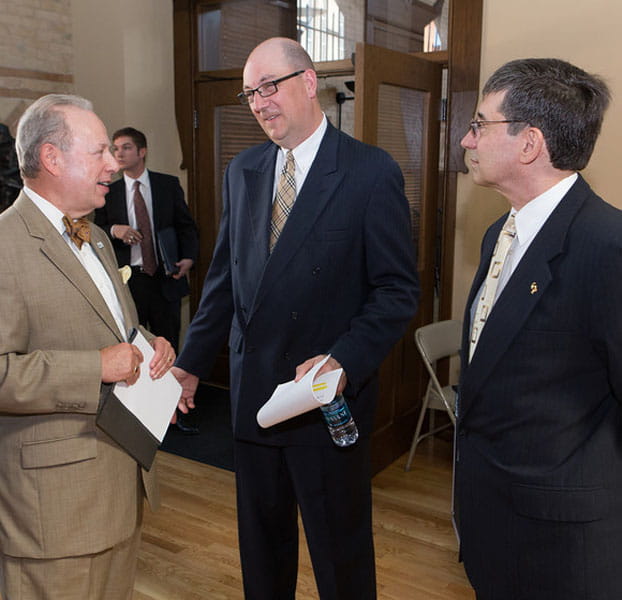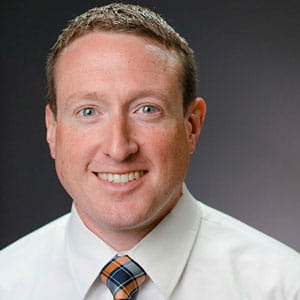CURE Grants

- New Project Examines Racism and Resilience Among Black Autistic Children and Caregivers
- Fashion Icon Mary McFadden 'The High Priestess of High Fashion' Exhibition Opens at Drexel
- On the Trail of Deepfakes, Drexel Researchers Identify ‘Fingerprints’ of AI-Generated Video
- New AI-Technology Estimates Brain Age Using Low-Cost EEG Device

Health research at Drexel University received a boost from the Pennsylvania Department of Health this week as the school was one of four area recipients of Commonwealth Universal Research Enhancement (CURE) Program grants.
Drexel’s Paul Peck Center hosted a presentation ceremony on July 18 where Secretary Michael Wolf and representatives from the Department of Health also recognized the work of researchers at Fox Chase Cancer Center, Monell Chemical Senses Center and The Wistar Institute.
The funding, which is allocated through the CURE Program in hopes of using new scientific knowledge to help improve the health of Pennsylvanians, originated from the “big tobacco” lawsuit settlement in 2001.
“Over the years, CURE grants have led to amazing medical advancements and new scientific breakthroughs in treating diseases and health conditions. This year’s projects are no different,” Wolf said. “The Department of Health is proud to fund such bold and innovative research projects.”
Drexel received $1.4 million to support nine of its projects, ranging from research focus from breast cancer, HIV/AIDS, ADHD to the immune system and pain therapy.
“We are grateful for the commonwealth’s continued support of medical research,” said Daniel V. Schidlow, Annenberg Dean and senior vice president of medical affairs at Drexel University College of Medicine. “The CURE grants have given our faculty members the opportunity to pursue a number of worthy research projects with the collaboration of multiple investigators across Drexel University.”
These grants, which are allocated in the 2012-13 fiscal year, focus on specific research priorities established and reviewed by the Department of Health in conjunction with the Health Research Advisory Committee, a panel made up of universities and research institutes. The grants focus on clinical, health services and/or biomedical research, with a goal of improving health status and access.
This year, there are 28 CURE grant recipients receiving awards totaling $41.9 million. Since the grant program’s inception the state has distributed nearly $800 million in total CURE awards.
Find more information about the CURE program on the Department of Health’s website at www.health.state.pa.us/cure.
Drexel News is produced by
University Marketing and Communications.
